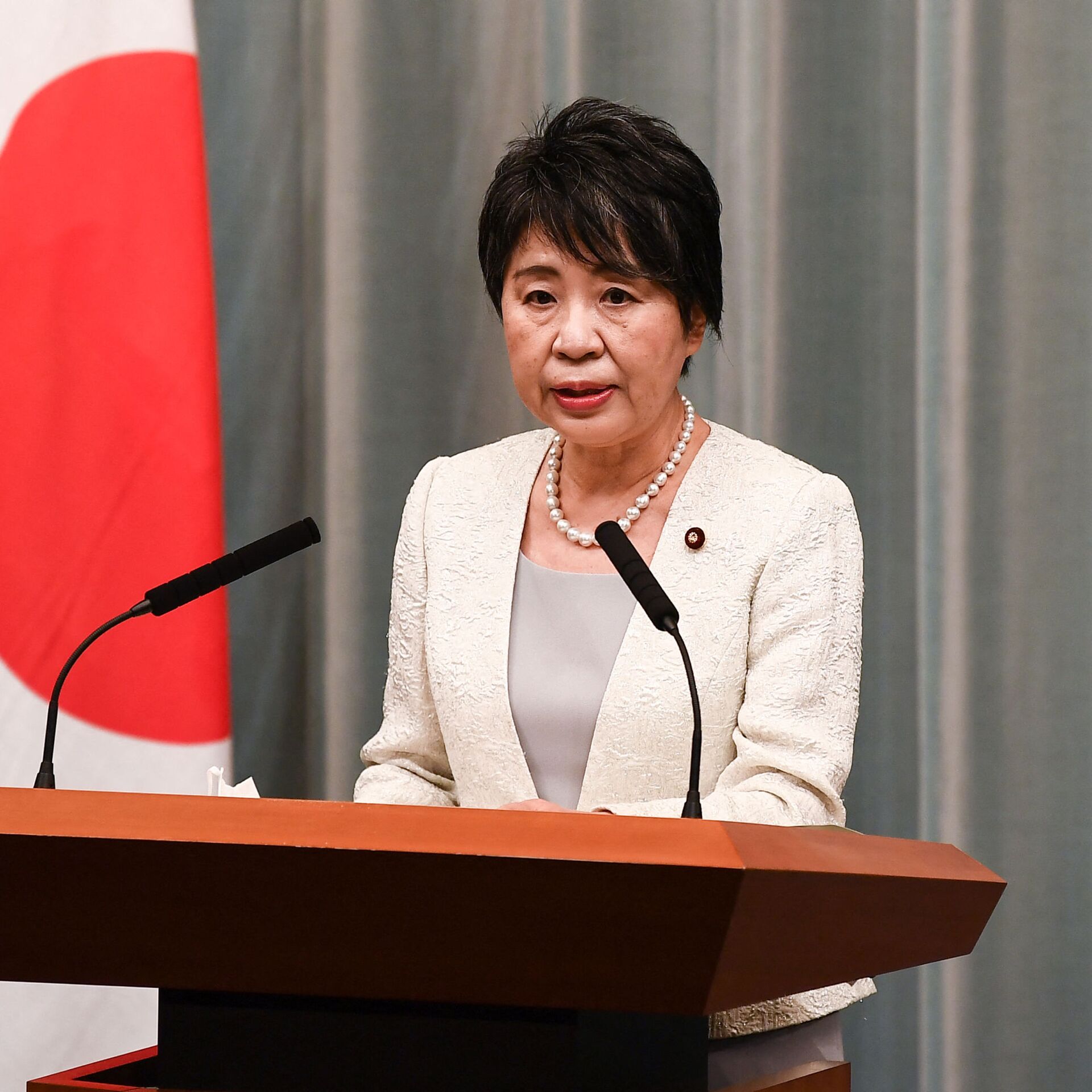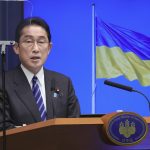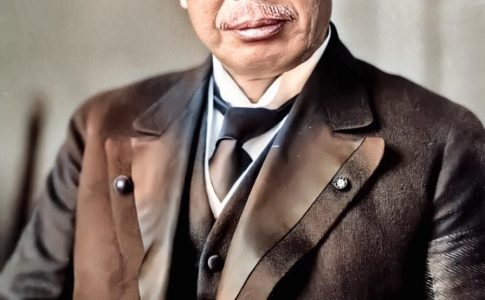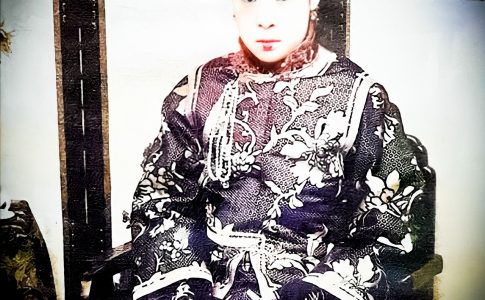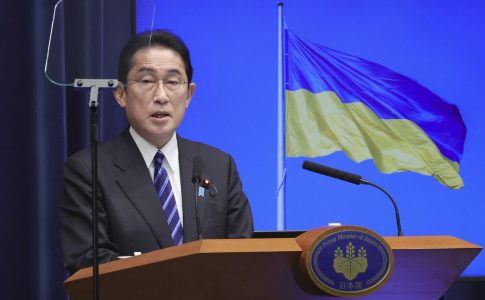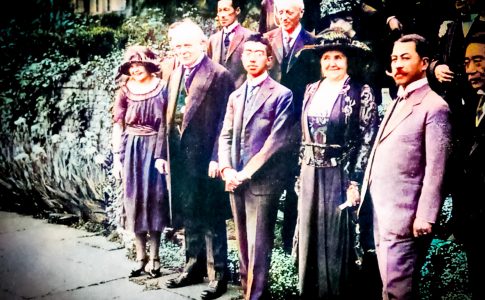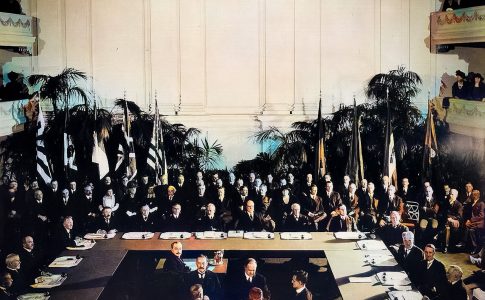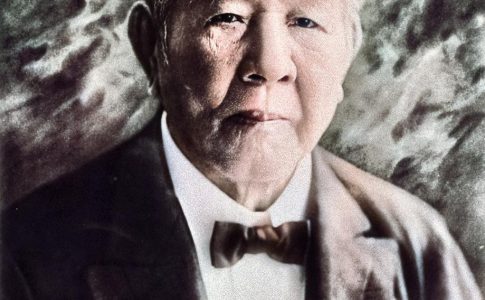- Mr. Kamikawa had a reputation of being “difficult to deal with” as a Foreign Minister.
- The appointment of Mr. Kamikawa as the successor to Foreign Minister Yoshimasa Hayashi was unexpected and shocking for the Ministry of Foreign Affairs.
- Mr. Kamikawa’s first foreign visit was a success and was an ideal stage for her diplomatic debut.
- Mr. Kamikawa is passionate about the initiatives for Women, Peace, and Security (WPS).
- During her tenure as Justice Minister, some of Mr. Kamikawa’s personnel decisions were met with criticism and caution.
- The nickname “Quiet Makiko Tanaka” also encompasses her unintentional trait of angering people.
- However, there are opinions that Mr. Kamikawa has accomplishments as a member of a faction and possesses the qualities to be the first female Prime Minister candidate.
- On the other hand, there is criticism regarding her role and maneuvering in the Shizuoka Prefecture gubernatorial election.
Why is the Ministry of Foreign Affairs wary of its new minister? “Difficult to handle” and “scary when angered” were the reputations she had.
This summer, the Ministry of Foreign Affairs received a double shock. On September 13th, during the cabinet reshuffle, Yoko Kamikawa, former Minister of Justice (aged 70), was appointed as the successor to the Foreign Minister, Fumio Hayashi.
Prime Minister Fumio Kishida served as Foreign Minister during the Abe administration for over four and a half years. Thus, there was a strong belief that Hayashi, who took office in November 2021, would continue in this role. Senior officials at the Ministry of Foreign Affairs insisted they had no involvement in the upcoming cabinet reshuffle.
However, to everyone’s surprise, there was an unexpected change in the Foreign Minister position.
Hayashi visited Ukraine on September 9th, just before the change, meeting with President Zelensky and Foreign Minister Kuleba. The Group of Seven (G7) nations had been arranging a foreign ministers’ meeting in Tokyo, and it was deemed inappropriate for the chairing nation’s foreign minister to have never visited Ukraine. But it was on September 12th, after Hayashi’s return from Ukraine and his report to the Prime Minister, that he was informed of the change.
Senior officials of the Ministry of Foreign Affairs lamented, “The very person who went for the groundwork for the G7 Foreign Ministers’ meeting resigns right after. It’s like asking, ‘What did YOU go to Ukraine for?'” Hayashi’s unexpected replacement was the first major shock.
The second shock was the fact that Kamikawa was chosen as Hayashi’s successor.
Like Hayashi, Kamikawa comes from the Kishida faction of the Liberal Democratic Party. A graduate of Tokyo University with stable responses and a high understanding of policy. Having experienced the Harvard Graduate School and working as a policy staff member for a U.S. senator, she’s internationally seasoned. As Justice Minister, she had the courage to execute 16 death penalties, including the cult leader Matsumoto Chizuo (also known as Shoko Asahara). Her appointment as a key cabinet member has led some to believe that Kamikawa is aiming to be the first female Prime Minister.
Her start as the Foreign Minister was commendable.
“Being able to build the foundation of trust, which is the essence of diplomacy, at an early stage became a significant asset in advancing foreign relations,” she noted with a satisfied expression in a New York hotel room on September 22nd. Her first foreign visit after taking office coincided with the United Nations General Assembly, during which she held individual talks with leaders and foreign ministers from 16 countries. She also attended G7 Foreign Ministers’ meetings and the ‘Quad’ foreign ministers’ meetings of Japan, US, Australia, and India, making her debut flawless.
But that wasn’t the only reason for Kamikawa’s good spirits. She also attended the “Women, Peace, and Security (WPS) Focal Point Network High-Level Side Event”. WPS, established in a 2000 UN Security Council resolution, emphasizes the need for women’s equal participation and protection from sexual violence for international peace. Kamikawa has been actively promoting WPS in Japan.
On September 21st, she participated in a symposium and was introduced as a “truly great leader of WPS”. A Ministry of Foreign Affairs official revealed, “Attending the WPS was the top priority during the US visit. We had to make sure the minister was pleased.”
Why is the Ministry of Foreign Affairs so cautious about Kamikawa? Because her reputation was that of a challenging politician.
During her tenure as Justice Minister in January 2018, she declined to promote Makoto Hayashi, the director of the Criminal Affairs Bureau, to administrative vice minister, instead assigning him as the chief prosecutor of the Nagoya High Public Prosecutor’s Office. It was a well-known fact within the ministry that Hayashi opposed the international arbitration center that Kamikawa was aiming to bring to Japan, causing friction between the two.
While Kamikawa gives off a quiet and understated impression, she’s feared when angered. For the Ministry of Foreign Affairs, which still remembers the many troubles stirred up by Makiko Tanaka during the Koizumi administration, some refer to Kamikawa as the “Quiet Makiko Tanaka” and are wary.
Being feared can be a weapon for politicians. Moreover, unlike previous female foreign ministers such as Makiko Tanaka and Yoriko Kawaguchi, Kamikawa has achieved her status by accumulating achievements as a faction member.
“A member of the LDP says, ‘Kamikawa has been actively involved in combating sexual violence, and she’s also enthusiastic about election campaigns. The first female Prime Minister might just be Kamikawa.’ Although she’s not a second-generation politician and might not have the best name recognition or a flashy appearance, these perceived weaknesses add to Kamikawa’s ‘stability.'”
However, that doesn’t mean there aren’t voices skeptical of her political skills. The triggering event was the Shizuoka gubernatorial election in June 2021.
In that election, the LDP needed a candidate who could counter the incumbent governor, Heita Kawakatsu, due to his concerns about reducing the Oi River’s flow due to tunnel excavation for the Linear Chuo Shinkansen and his refusal to approve its construction.
A major defeat in her hometown prefecture would be a huge blow to Kamikawa’s political career. But, she successfully gathered the conservatives of Shizuoka Prefecture, endorsed the agricultural association’s former chairman, and backed his candidacy against Kawakatsu.
This illustrates that while Kamikawa may be quiet, she’s a politician to be reckoned with. There’s no doubt she’ll leverage this perception in her tenure as Foreign Minister, and perhaps beyond, as she cements her legacy in Japanese politics.

